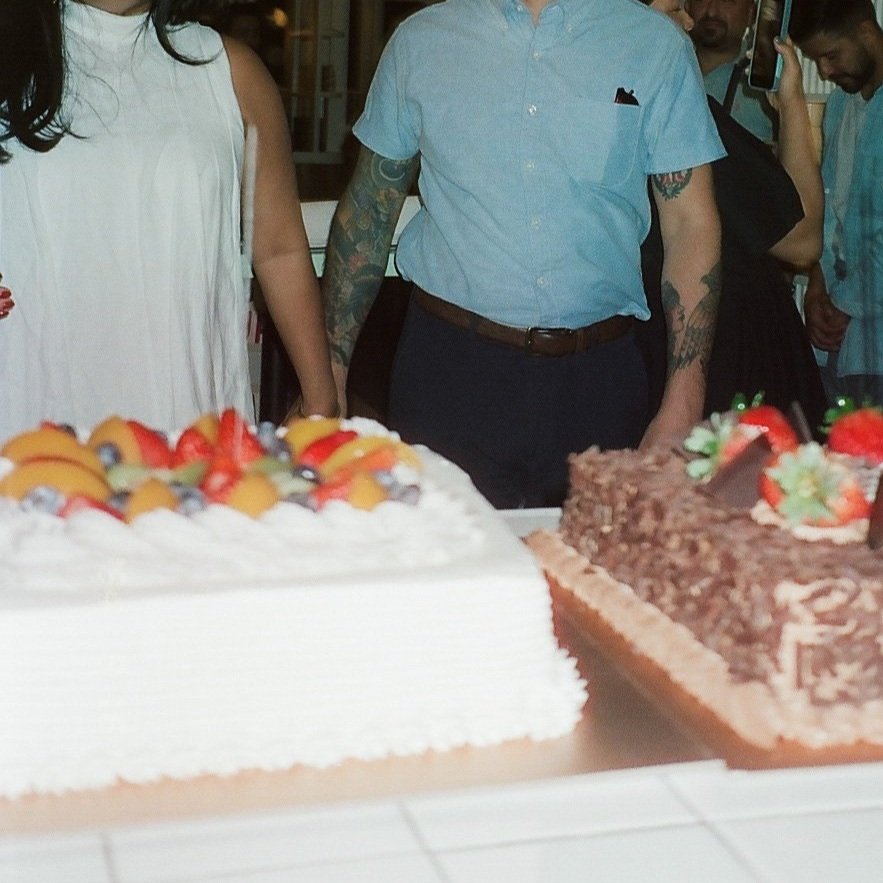Why Unconventional and LGBTQ+ Relationships Help Us Better Understand Love
How to Expand Your Community and Learn About Different Types of Romantic Relationships
Love is the universal common denominator on our dating journey. Regardless of the narrative we choose, or the outcomes we hope for, love is the main character. Throughout our dating story, we practice love in various ways. Some directly affect us and others that externally shape us. Continuing to find love for ourselves, celebrating close friendships, or experiencing new romantic loves. We develop a perspective on the feeling that is unique to us.
These internal experiences impact our ability to cultivate a personal sense of love. How we want to love, and how we want to be loved. But to fully immerse ourselves in the feeling and lead with openness, we must understand love in all its forms. Not only celebrate them but create a space beyond us to learn how others foster love in their lives—traditional and non-conventional relationships continuing to diversify the meaning of love.
The representation of different relationships and love in our immediate reality can sometimes be diluted. Depending on our social groups, environment, or TikTok algorithm, we may not be exposed to love in all its forms. It’s easy to fall into our normal daily screening; however, we are doing our dating life a disservice by not seeking more examples of it. We may not want a similar relationship dynamic. But understanding how love grows in different relationships allows us to foster the feeling as individuals and as a community.
LGBTQ+, polyamorous, non-marital, and open relationships all teach us how love is found uniquely. Seeing how people outside of our immediate bubble build healthy relationships helps us create a dating life that aligns with our goals. Learning how others experience love can introduce us to a new desire, boundary, or tool to try in our relationships. There’s an opportunity to kindly learn from each other.
But bringing all these relationships into our reality is difficult when we don’t have immediate access. So, how do we diversify our love community and learn from different relationships?
Curate your social media followings to include accounts that highlight different relationships. We have control over what we consume online to a certain extent. Introduce content creators and brands who share diverse relationship success stories to your feed. Remember, social media is for your eyes only. Do not let the judgment of others stop you from expanding your community. Start with MeetCute on TikTok and Instagram.
Read books that follow characters with different love narratives. Memoirs, novels, and non-fictional accounts of relationships will help you create a personal perspective. Books are a great way to internalize how others build relationships. Looking for somewhere to start? Girl, Woman, Other by Bernardine Evaristo beautifully shares the interconnected stories of Black British Women in love, struggles, and growth.
Support LGBTQ+ restaurants and stores in your area. It only takes a quick Google search to find places in your community that are LGBTQ+ owned. By making a reservation or stopping by for a shop, you are opening the opportunity for connection. You will experience different atmospheres and perspectives. You never know who you will meet and expanding your reach will only bring new people into your life that you may not expect.
Stay open for conversation. As our society continues to turn inward, challenge the norm by encouraging conversations with strangers. Don’t 20-question every café neighbor but see each unique encounter as a lens into different ways of living. This can also be done with your co-workers or friends-of-friends. Stay curious and create a space for open communication between you and others. Conversation, rather short or long, is how we learn and create new perspectives.
Cultivate a non-judgmental mentality. Because someone’s relationship doesn’t look like your own, doesn’t mean it’s unhealthy. On the contrary, relationships that don’t follow the status quo are just as, if not healthier, than relationships that follow that standard formula—date, engagement, marriage, then kids. The outcome of relationships isn’t the only goal. Keeping an open mind about how other people find and foster happiness in their relationships may allow you to emphasize unrecognized parts of your relationships.
Even as we become content with our platonic and romantic relationships, continuing to learn about different love keeps our relationships growing. We can discover new alleys and tools that can help us strengthen the relationships we have and new ones that we develop. A closed-minded view of love hurts our individual perspective. Expanding our knowledge of diverse love will bring us closer to creating a dating narrative that fully aligns with us.
Read more!
Are Beige Flags Good, Bad, or Irrelevant?


